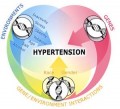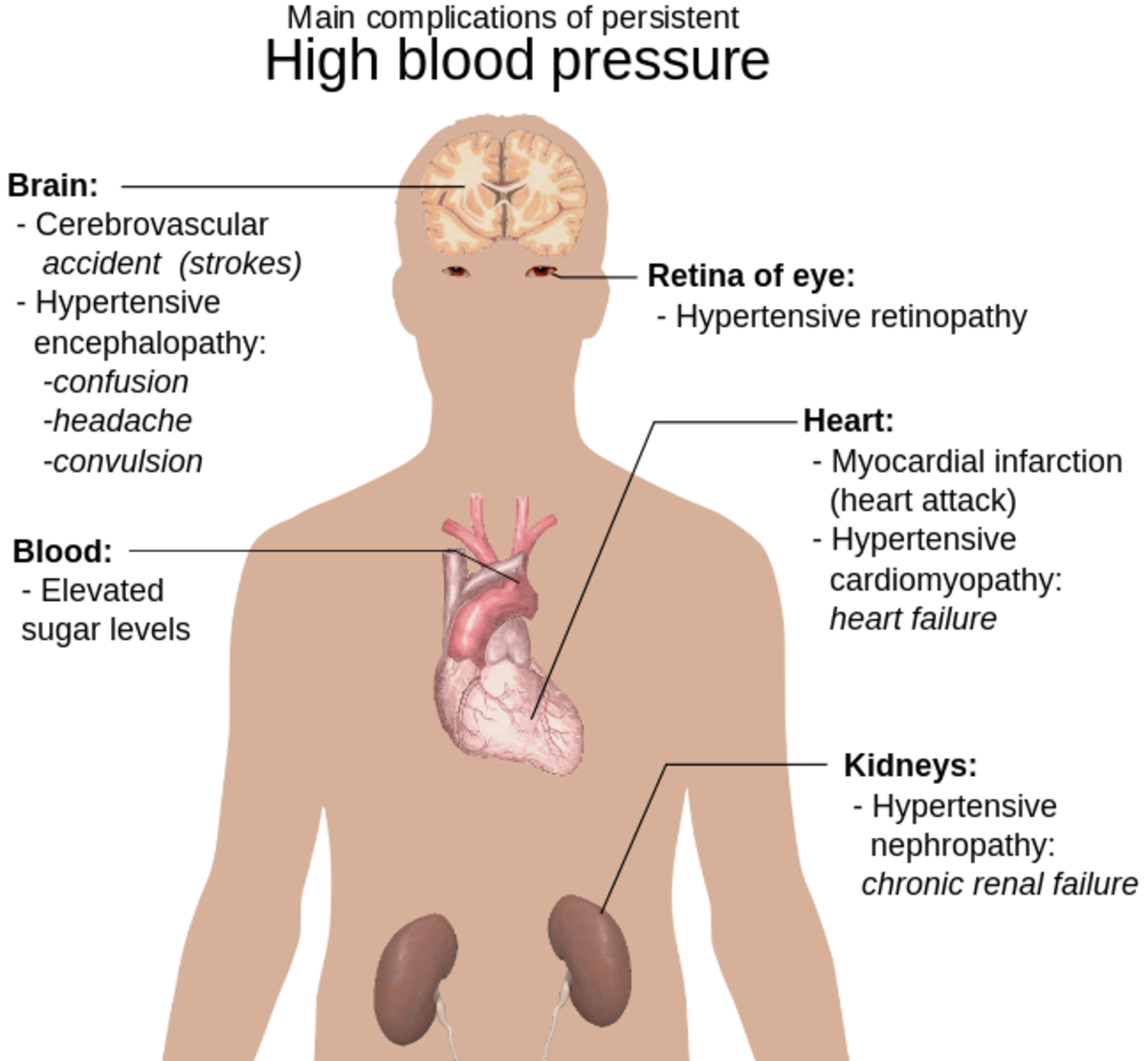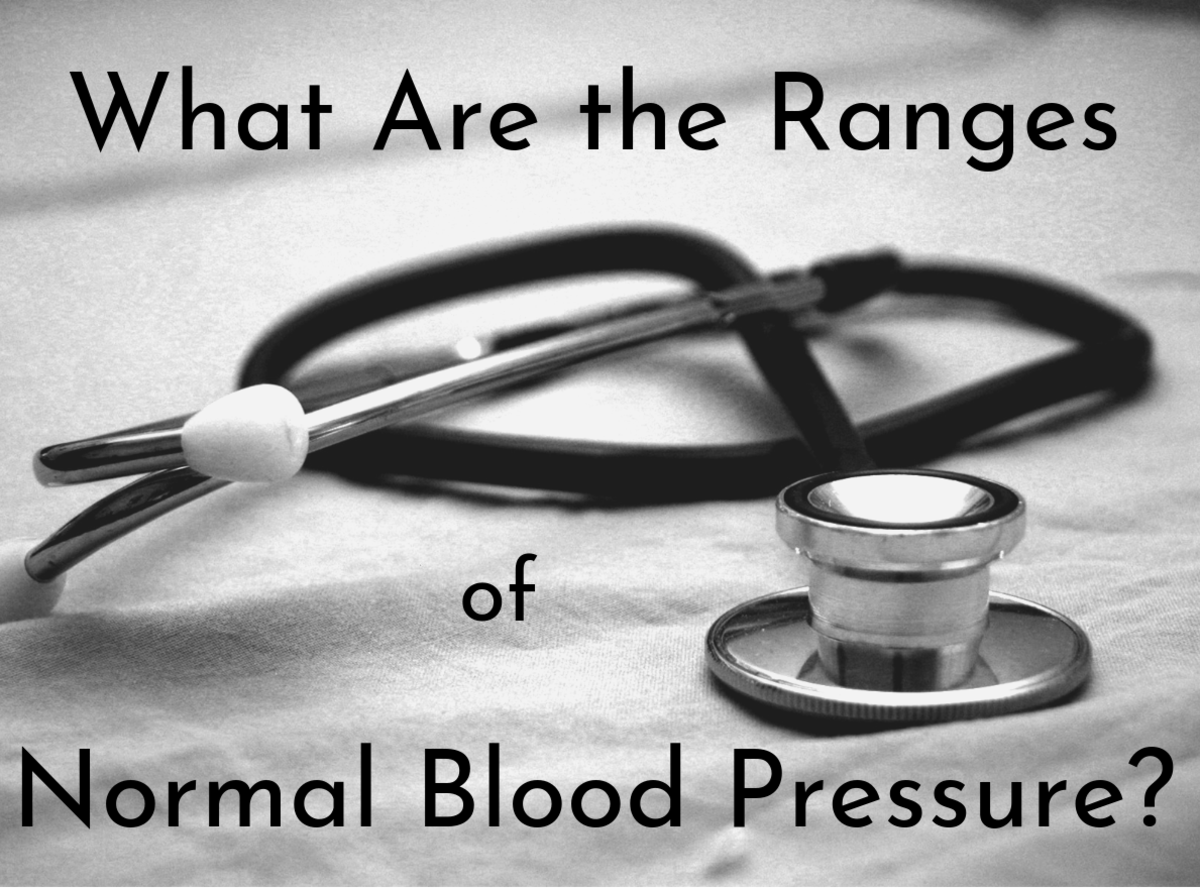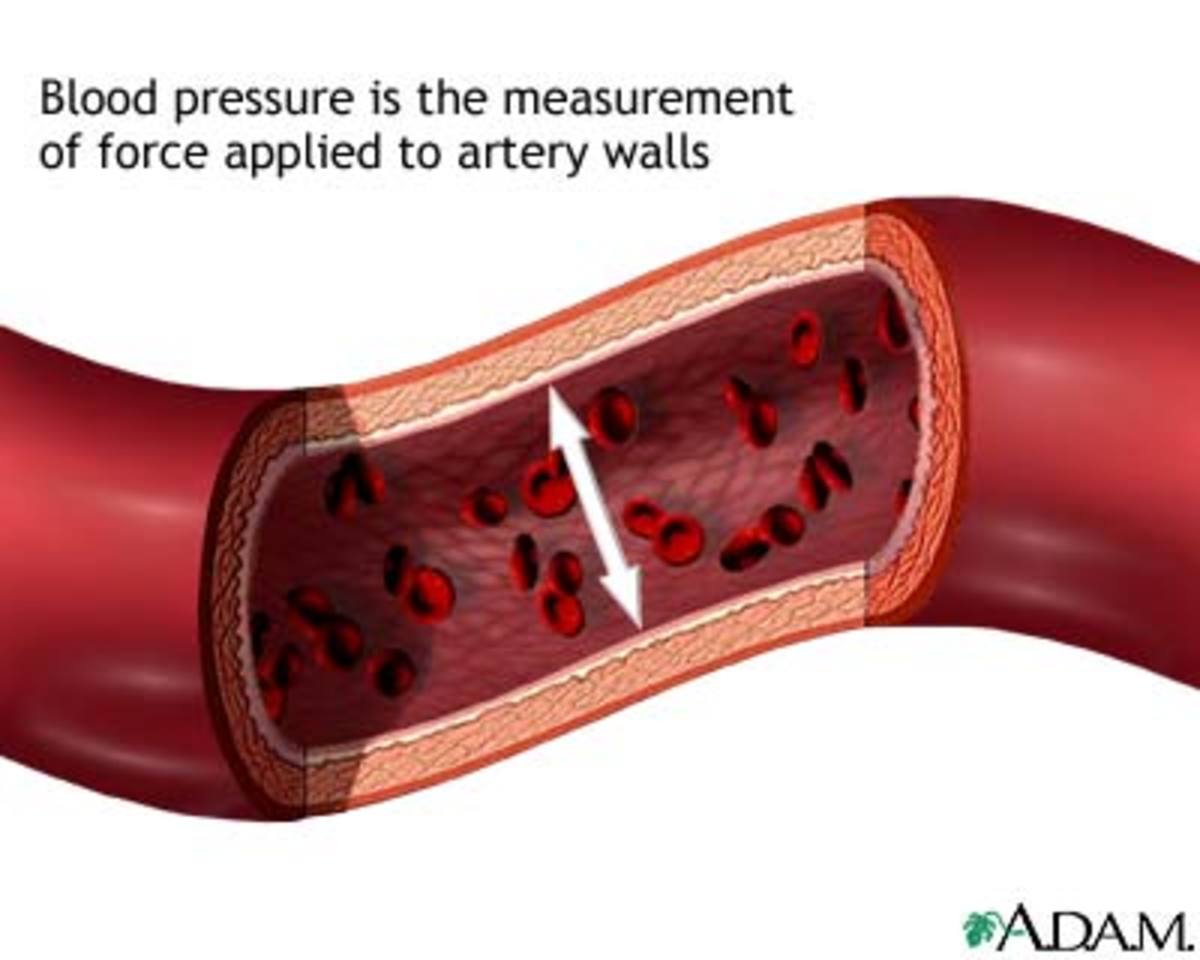Dietary salt intake and high blood pressure
Too much salt in your diet can cause high blood pressure, and high blood pressure puts you at a higher risk for heart diseases. It is especially the mineral sodium in the salt that causes this problem. Normally 1 gram of salt will contain 400mg of sodium and 600mg of the mineral chloride. It is the sodium that causes the high blood pressure. So if high blood pressure is an issue for you, it is wise to try and decrease you salt intake. But this can be tricky, as almost every food contains salt, and especially processed foods are high in salt content. In this article I will explain how salt causes high blood pressure, what other factors can contribute to high blood pressure, and what you can do to avoid high blood pressure. But first and foremost, if you are known to suffer from high blood pressure, always consult with your doctor before you make any drastic life changes, or even when you make small changes!
What is high blood pressure?
Blood pressure describes the pressure the blood flow causes on the walls of the blood veins. It is measured in two ways. The first is the systolic pressure, this is the pressure that is measured in the veins when the heart pumps your blood into the arteries. The second is the diastolic pressure, which measures the pressure in the veins when the blood flows back towards the heart. The pressure is measured in mmHg, and the diastolic pressure in rest should be under 90mmHg and the systolic pressure should be under 140mmHg. Your blood pressure is considered high if it is above these measurements. High blood pressure means the pressure in the veins is too high. And this, in turn, means the heart has to work a lot harder to pump your blood around your body.
In about 90% of cases the cause of high blood pressure is unknown. There are several factors that are known to contribute though, and some of these are possible to control yourself. Eating too much salt is one of these factors we can have some control over.
High blood pressure usually does not go with easy-to-identify symptoms, so it can be hard to spot, and will often go unnoticed for years. Some complaints can be head aches, especially in the mornings, tiredness, dizzyness, or nosebleeds.
How too much salt causes high blood pressure
It is the sodium in the salt that causes high blood pressure. Sodium works together with chloride to regulate your blood pressure. Sodium will increase it, chloride will decrease it. It is very important to have a good balance of the two in your body.
In a very basic way, a lot of sodium will cause your body to retain a lot more fluids. These fluids are mostly contained in the blood vessels, and the high volume of blood causes the high pressure on the blood veins, and it causes the heart to work harder to be able to pump all this blood around.
It is also believed that salt increases the blood pressure by causing the arterioles (very small arteries) to contract. The arterioles usually contract and dilate to regulate blood flow and blood pressure. If they contract more it makes it more difficult for the blood to pass, which again, causes higher blood pressure and more work for the heart.
The intake of chloride will lower your blood pressure. Fruit, vegetables and potatoes are good sources of chloride. It is therefore important to eat enough of these every day, to keep healthy.
Not everyone has the same sensitivity to sodium, so in some people just a little will cause elevated blood pressure, as in others it will hardly be noticeable. Approximately half of the people suffering from high blood pressure will respond positively to a reduction in dietary salt intake.
Other factors that can cause high blood pressure
Other factors that can cause high blood pressure are obesity, lack of exercise, emotional stress, smoking and too much alcohol. Keep your body as healthy as possible by trying to exercise several times a week or daily. This will help you lose weight if you are obese, or stay on your normal weight. If you aren’t very fit, it is as easy as just going for a 15 to half an hour walk every day. Once you feel this is getting easier, you can start walking longer, further or more often. And then take it up another notch and gradually increase your exercise levels. Try to quit smoking and keep alcohol consumption to a minimum, or on an acceptable level. All this will help you keep your blood pressure in check.
Emotional stress is a factor you will not always be able to influence. But if you think there is something you can do to decrease your stress levels, it is probably wise to go ahead and do it. If this means talking to someone about your troubles, or asking your doctor for help, then why not? Not everything is easy to solve though, and sometimes it takes a little more time to try and work on reducing stress levels.
And then there are some factors we cannot do anything about. The first one being genes. If your whole family was very sensitive to high blood pressure, chances are so are you. Age is another factor, risks of high blood pressure increase as you get older. And the last one is gender. High blood pressure mostly affects men over the age of 60. In women it can come up after menopause. Even though you can’t influence these factors, it is important to keep an eye on the things you can do, like living a healthy lifestyle.








